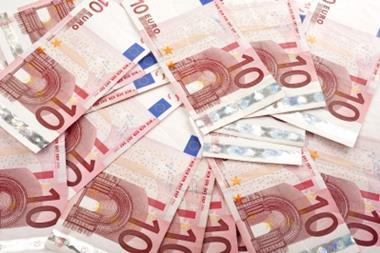Banks should contribute to the cost of re-building Europe’s economy, says Commission
The European Commission set out its ideas for the future taxation of the financial sector. Working on the basis that the financial sector needs to make a fair contribution to public finances, and that governments urgently need new sources of revenue in the current economic climate, the Commission proposed a two pronged approach.
At global level, the Commission supported the idea of a Financial Transactions Tax (FTT or a Robin Hood tax), which could help fund international challenges such as development or climate change.
At EU level, the Commission recommends that a Financial Activities Tax (FAT) would be the preferable option. If carefully designed and implemented, an EU FAT could generate significant revenues and help to ensure greater stability of financial markets, without posing undue risk to EU competitiveness. The Commission will present these ideas to the European Council at the end of October and to the G20 Summit in November.
Algirdas Šemeta, Commissioner for Taxation, Customs, Anti-fraud and Audit, said: “There are good reasons for taxing the financial sector, and feasible ways to do so. I believe that the ideas that the Commission has put forward today are the right ones to ensure that the financial sector makes a fair contribution to the most pressing EU and global challenges.”
A fair contribution from the financial sector
In order to assess whether a new financial sector tax could be fully justified, the Commission examined the current contribution of this sector to public budgets. It concluded that that there are good grounds for introducing the financial sector taxes which it has put forward.
Firstly, the financial sector was a major cause of the financial crisis and received substantial government support over the past few years. It should therefore properly contribute to the cost of re-building Europe’s economies and bolstering public finances. Secondly, a corrective bank tax could complement the essential regulatory measures (including the bank levy and resolution fund) designed to enhance the efficiency of financial markets and to reduce their volatility. Finally, given that the financial sector is exempt from value added tax (VAT) in the EU, such tax would ensure this sector is not under-taxed compared to others. In brief, a new tax could help to ensure that the financial sector makes a fairer and more substantial contribution to public finances, would provide additional sources of revenue and would help create a stable and more efficient financial sector.
Next steps
The Commission will present its Communication to EU Finance Ministers at the ECOFIN Council on 19 October, and to EU Heads of State and Government at the European Council at the end of October. An EU position on financial sector taxation will be presented at the G20 Summit in November, with a view to encouraging international partners to agree on a global approach. The Commission will also begin an in-depth Impact Assessment to further examine the ideas it has set out in today’s Communication, with a view to coming forward with policy initiatives in 2011.



















